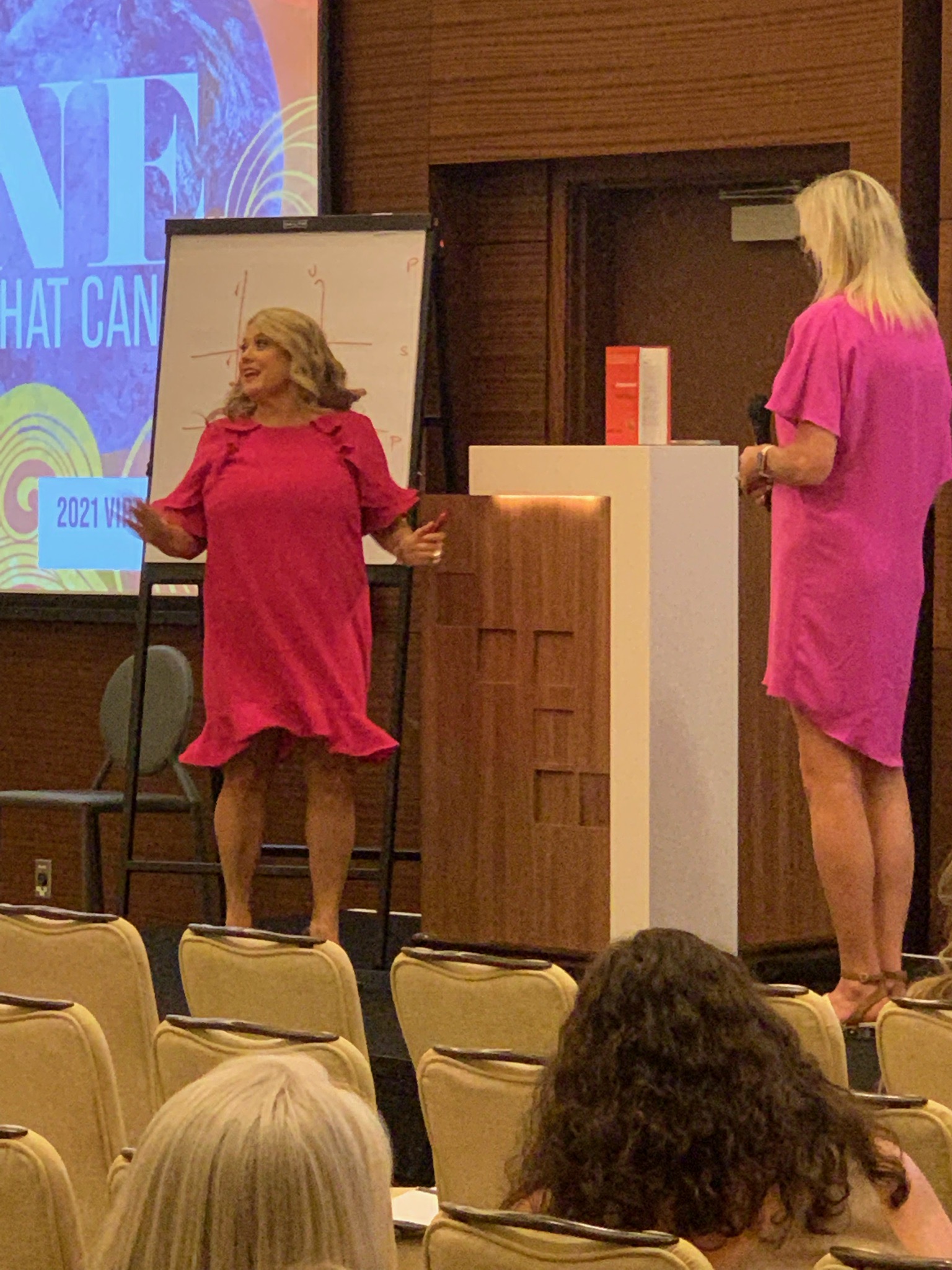Thought Leadership is not new.
In ancient Roman times, great orators, including Julius Ceasar, shared their brilliance in open forums, causing people to take action and change history.
When choosing speakers for your events, we must use thought leaders to help our audiences think bigger and think differently, to drive and innovate – that’s what our attendees want and need.
The term thought leadership was first coined in 1994 by Joel Kurtzman, then editor-in-chief for the magazine Strategy and Business– he said that thought leaders are those people who possess a distinctively original idea, a unique point of view, or an unprecedented insight into their industry.
When designing programs for our events, we need to hire thought leaders, not thought repeaters.
Audiences are keen to hear subject matter experts who have unique insights or perspectives to share their areas of expertise. Their ideas need to be packaged in an accessible and attractive format and shared with the market who want their insight, direction, and solutions to problems.
Thought leaders need to share ideas that shift or contribute to the future direction of an industry, community, or even a whole way of thinking.
Thought leadership is vital for meeting professionals because:
It’s not the information age; it’s the age of over-information – there is an abundance and availability of information because we ‘Google’ everything! With so much information in the hands of many, our audiences need relevance and meaning – they need to know how it applies to their lives.
Ideation is the evolved way of thinking- – people want new ideas and new solutions and to understand how to apply the intangible information provided by presenters in their everyday lives.
Generational diversity requires innovative delivery –audiences have an increased need for presenters to have depth of information and expertise and differentiate – not regurgitate – content that they have been using for the previous five years at other events.
Thought leadership leverages social media –presenters have an obligation to leverage social media platforms to help us engage audiences before, during, and after presentations. How can you partner with your presenters to leverage social media efforts?
When selecting presenters for your next event, determine if they have true subject matter expertise that applies to the lives of your audience.
Are they engaging new technologies, social media platforms, and contemporary thinking in their topic area?
If not, it’s time to broaden the scope of your requests seek out thought leaders … not thought repeaters


